24 de marzo de 2019 / Autor: En Órbita / Fuente: Mundo Sputnik News
Este viernes 15 los jóvenes marchan en todo el mundo, en reclamo de acciones contra el cambio climático. Sputnik dialogó con Koro López de Uralde, integrante del movimiento Fridays For Future (Viernes por el Futuro)
Se realiza la primera huelga mundial de jóvenes contra el cambio climático. En más de 1.000 ciudades de 89 países se realizarán movilizaciones y otras actividades. La convocatoria es impulsada por el movimiento Fridays For Future (Viernes por el Futuro), surgido el año pasado.
‘En Órbita’ dialogó con Koro López de Uralde, integrante del movimiento Friday For Future, de España.
«Los adultos no sienten que este sea su futuro, pierden una visión global y no se dan cuenta de los cambios. Ha llegado un punto en el que hemos normalizado noticias como que ha habido un tsunami en tal parte del mundo, una ola de frío en España o un tornado en Estados Unidos. Y escuchamos estas noticias como si no fueran consecuencias de nuestros actos», dijo López.
En relación con el movimiento Friday For Future y sus acciones, indicó: «Ha sido un movimiento bien acogido. Tiene que ver con que somos un movimiento apartidista, no nos relacionamos con ideología o partido político. Nuestro reclamo afecta a todas las personas del planeta. Es un discurso apoyado por la comunidad científica durante años y la gente se siente identificada».
«Nuestra primera labor es dar una voz de emergencia climática. Nosotros brindamos talleres de reciclaje, charlas en colegios, informar a la gente. Pero hay medidas que deben tomar los gobiernos, que ya se comprometieron en el Acuerdo de París. Medidas que hoy no se están tomando por determinados intereses», manifestó.
Este movimiento tiene su origen por la acción de Greta Thunberg, una adolescente sueca de 16 años que durante todos los viernes (fridays en inglés) de 2018 protestaba contra la falta de políticas ambientales del Gobierno de su país sentándose en las afueras del parlamento.
Tras su creciente popularidad, Greta estuvo presente en la Conferencia sobre el Cambio Climático de Naciones Unidas de diciembre, donde brindó un discurso. «Ustedes solo hablan del crecimiento económico verde y eterno, porque tienen demasiado miedo de no ser populares. Solo hablan sobre seguir adelante con las mismas malas ideas que nos metieron en este desastre», manifestó.
Fuente:
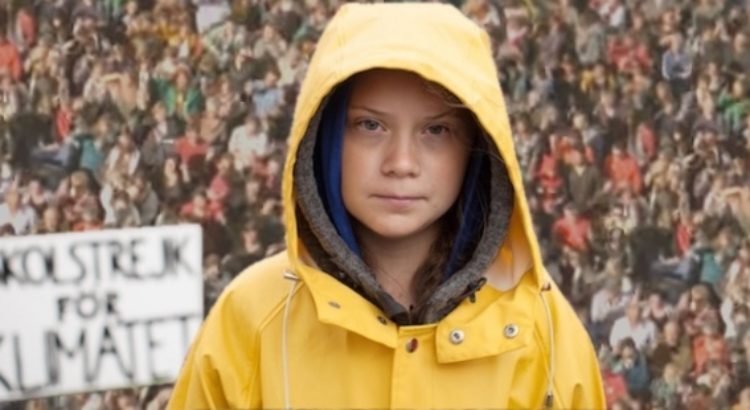

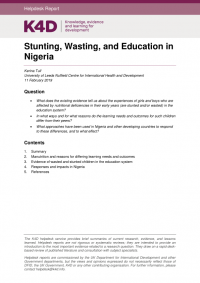
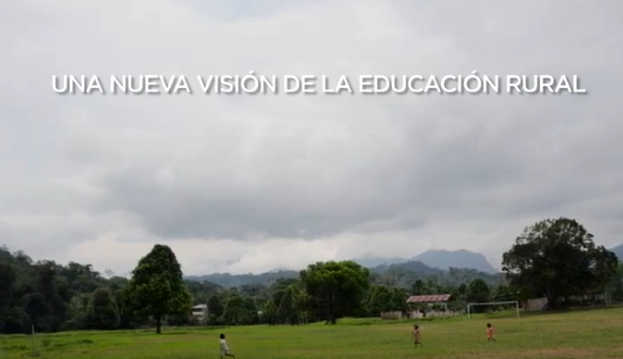
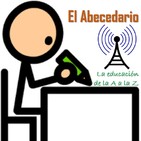
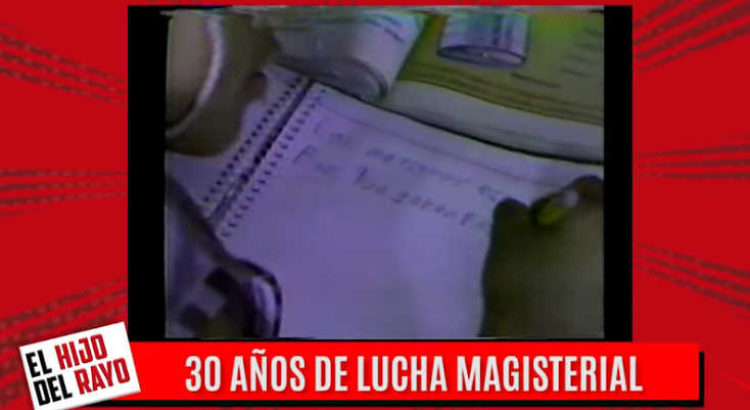
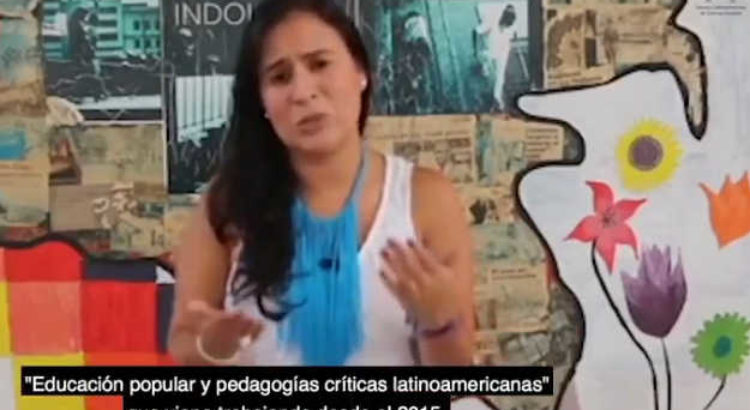






 Users Today : 25
Users Today : 25 Total Users : 35460773
Total Users : 35460773 Views Today : 38
Views Today : 38 Total views : 3419977
Total views : 3419977